Summer Planting and Transplanting
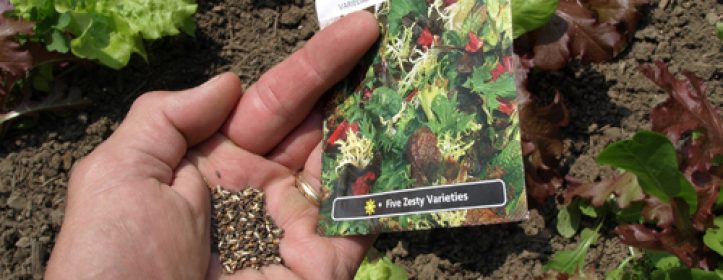
Every year, as summer begins, I notice that there’s a lot of concern among garden center customers about planting shrubs, trees, roses and perennials during summer. In talking to these folks, I gather that their concern is based on having read that “you should NOT transplant during summer. Spring and fall are the best time for transplanting to be done”. Literally speaking, this statement is true. However, there’s a major difference between planting and transplanting. Transplanting is the process of DIGGING OUT and moving an established plant to a new location. If you attempt to transplant during this time of year, you run a very real risk of sending the plant into fatal shock. When you dig the plant out, you’ll inevitably destroy many of the small roots. Since the plant is in the full flush of growth, this shock is often fatal. When you shop in your local nursery or garden center, you are buying plants that were dug and balled or potted much earlier when the plant was still dormant. What you are doing when you bring your new shrub or perennial home is PLANTING not TRANSPLANTING. You didn’t dig it up so you haven’t disrupted the root system or shocked the plant. It is the act of digging out that causes severe stress. Many folks put off their planting until fall because they’ve read or heard that they shouldn’t do it now. This thinking is flawed by a lack of understanding the difference between planting and transplanting.
If you have planting to do, do it as soon as you can. Planting in July is better that August; and August is better than September and so on. Remember, the longer the plant has to establish itself before winter, the better the chances are that it will survive. Summer planting will mean extra attention to watering to be sure the plants don’t dry excessively during the (hopefully) hot days ahead. If you are planning to be away on vacation for more than a few days, have a friend or neighbor water for you while you’re gone. Another advantage to summer planting is taking advantage of sales that occur as nurseries sell off stock to reduce their watering workload.
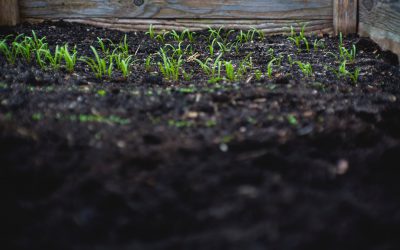
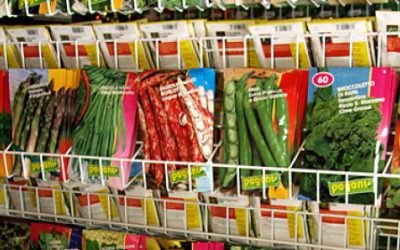
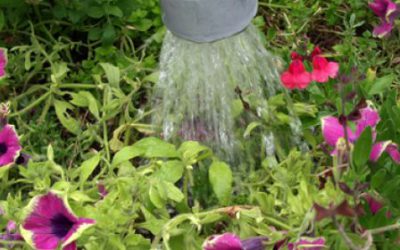
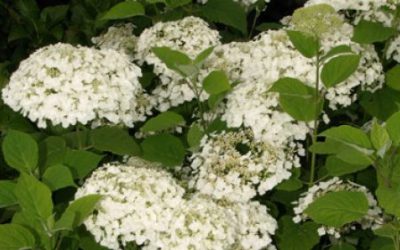
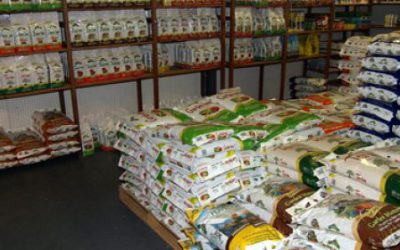
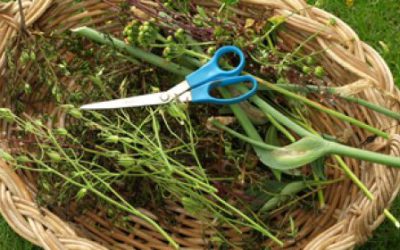

Recent Comments